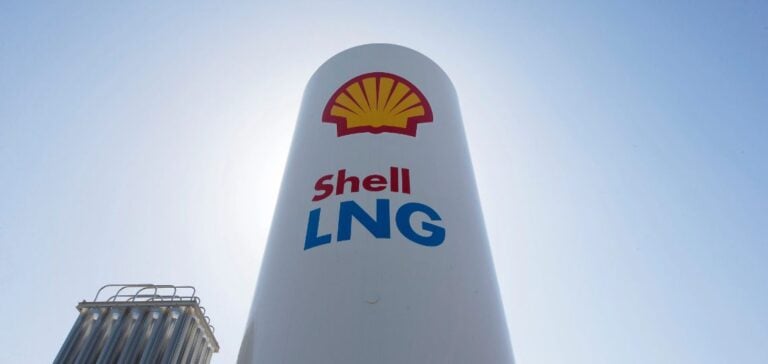Shell, a major global player in the energy sector, has announced that its gas division’s performance for Q4 2024 will be significantly impacted. This decline is attributed to the expiration of certain hedging contracts and a reduction in production volumes. These factors are expected to result in results well below those recorded in the third quarter of the same year.
The official publication of financial results for the fourth quarter and the full year 2024 is scheduled for January 30. This announcement comes after Shell already reported a sharp drop in net profit in Q3, amounting to $4.3 billion compared to $7 billion during the same period in 2023. This decline was partially caused by reduced refining margins and lower oil prices.
An Evolving Trend
Despite the anticipated decline in the gas sector, the group had managed to offset some difficulties in Q3 through increased production volumes in this segment. However, this positive trend appears to have reversed by the end of the year, heightening investor concerns.
On Wednesday morning, following the opening of the London Stock Exchange, Shell’s stock recorded a slight drop of 0.97%, settling at 2,591.50 pence. The fluctuations in European gas prices, which briefly exceeded the €50 per megawatt-hour mark in December 2024, seem insufficient to stabilize the company’s performance.
Shareholder Pressure
At the same time, Shell faces increased pressure from its institutional shareholders. Several British pension funds have filed a resolution requesting the group to clarify the foundations of its growth strategy for liquefied natural gas (LNG). This request also aims to assess how this strategy aligns with the company’s climate commitments.
In recent months, Shell has lowered some of its climate objectives, following a trend similar to BP. This strategic shift toward hydrocarbons, aimed at maximizing profits, has drawn criticism from environmental activists. In December, Shell also announced it would no longer pursue new offshore wind farm projects, marking a significant pivot in its energy strategy.
A Delicate Position
Shell’s position reflects a challenging balance between investors’ expectations for high financial returns and societal pressures for an accelerated energy transition. As the group navigates a complex economic and political environment, its strategic choices will have long-term repercussions on its position in the global energy industry.





















